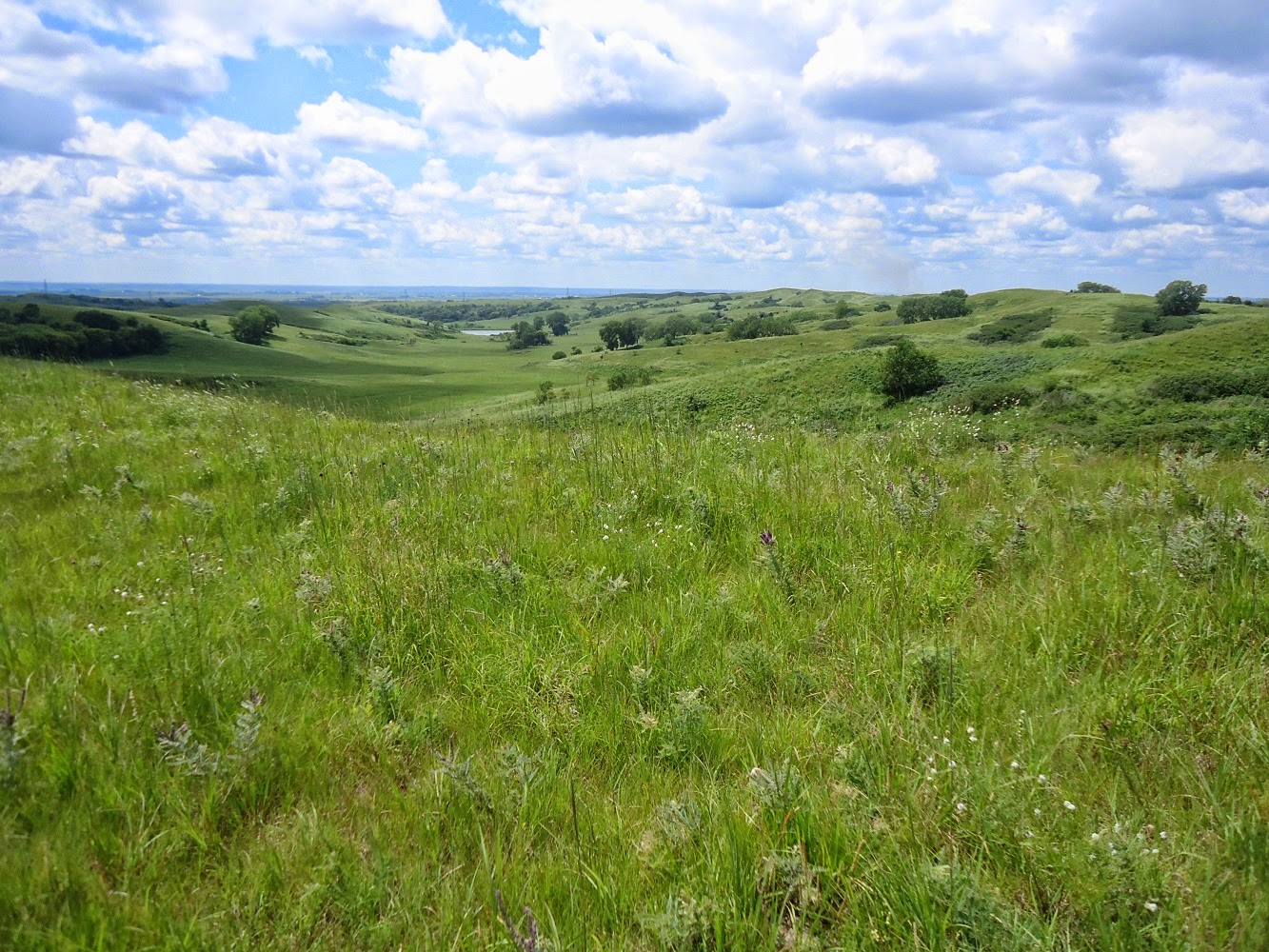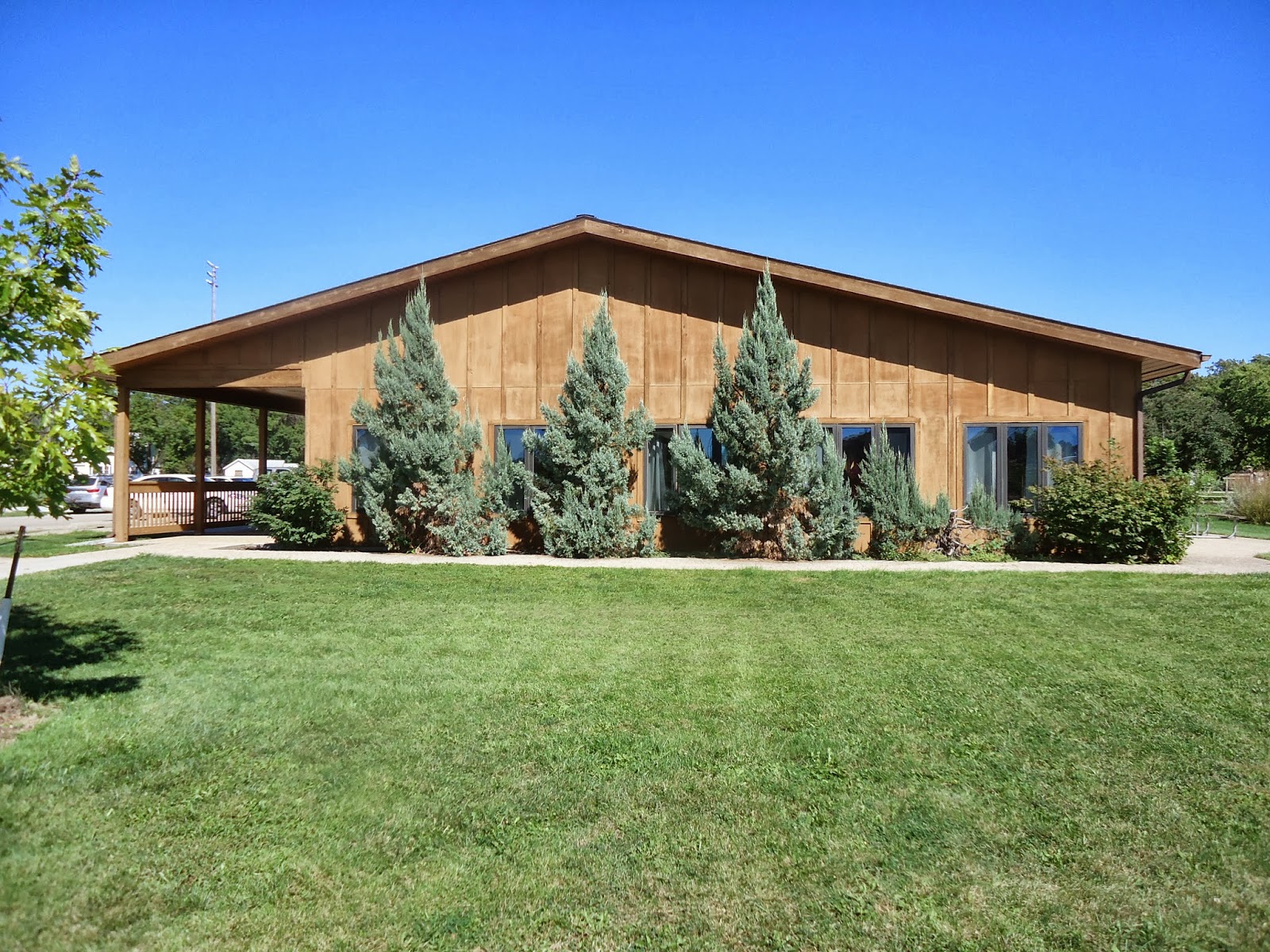Faith and Climate Change
Do you personally see a connection between your religion and environmentalism?
Yes, absolutely! Caring for the earth is close to the center of my understanding of my faith. The founder of my denomination and the Methodist movement, the Anglican priest John Wesley, said, “The great lesson that our blessed Lord inculcates here…is that God is in all things, and that we are to see the Creator in the glass of every creature; that we should use and look upon nothing as separate from God…but with a true magnificence of thought survey heaven and earth and all that is therein as contained by God in the hollow of his hand, who by his intimate presence holds them all in being, who pervades and activates the whole created frame, and is in a true sense the soul of the universe.” (Sermon 23, “Upon Our Lord’s Sermon on the Mount, III” I.11, 1748)
What’s your religion and what does it have to say about our relationship with the planet? (include religious texts)
I’m a Christian and a member of The United Methodist Church, which is a mainline protestant denomination. The holy text of my religion, the Bible, begins with the story of creation. The creation stories in Genesis tell us that what God created, God calls good. I believe humans are meant to be stewards of the Earth, not owners: “The earth is the Lord’s and everything in it, the world and its inhabitants too.” Psalm 24:1 (CEB) “The land must not be permanently sold because the land is mine. You are just immigrants and foreign guests of mine.” Leviticus 25:23 (CEB)
Additionally, there are numerous texts that instruct followers to care for the most vulnerable people--widows, immigrants, “the least of these.” (Matthew 25:31-40, Deuteronomy 24:19, to name a few.) In our time, some of the most vulnerable populations are those impacted the most by climate change and pollution. Those who are or will become climate refugees. Those subject to environmental racism, such as people of color whose neighborhoods are located next to industrial pollution. Therefore, the church must act on environmental justice and the climate emergency
Can you offer 1-2 ways that people of your religion can do something actionable to help the environment?
1. Get involved with your state Interfaith Power & Light program for resources, workshops, and other actions. At my church in Iowa, we’ve hosted two workshops with them and they’ve been wonderful for offering education and helping individuals make plans for changes in their own lives and as a faith group. See https://www.interfaithpowerandlight.org/ .
2. Help to make changes within your own local church, either as an individual or start a task force to start a composting program if the resources are available, and committing to using reusable dishes for your fellowship time and meals instead of disposables.
Additional info:
Quotes from John Wesley:
“By acquainting ourselves with subjects in natural philosophy, we enter into a kind of association with nature’s works, and unite in the general concert of her extensive choir. By thus acquainting and familiarizing ourselves with the works of nature, we become as it were a member of her family, a participant in her felicities; but while we remain ignorant, we are like strangers and sojourners in a foreign land, unknowing and unknown.” A Survey of the Wisdom of God in the Creation, 1:viii.
The Christ of Creation:
“[Christ] is now the life of everything that lives in any kind or degree. He is the source of the lowest species of life, that of vegetables; as being the source of all the motion on which vegetation depends. He is the fountain of the life of animals, the power by which the heart beats, and the circulating juices flow. He is the fountain of all the life which man possesses in common with other animals. And if we distinguish the rational from the animal life, he is the source of this also.” Sermon 77, “Spiritual Worship,” §II.3, Works 3:95.
On Stewardship of Creation:
“We are now God’s stewards. We are indebted to him for all we have…. A steward is not at liberty to use what is lodged in his hands as he pleases, but as his master pleases…. He is not the owner of any of these things but barely entrusted with them by another… now this is exactly the case of everyone with relation to God. We are not at liberty to use what God has lodged in our hands as we please, but as God pleases, who alone is the possessor of heaven and earth and the Lord of every creature…. [God] entrusts us with [this world’s goods] on this express condition, that we use them only as our Master’s goods, and according to the particular directions which he has given us in his Word.” Sermon 51, “The Good Steward,” §II.1, Works 2:283-84
United Methodist belief:
From Social Principles in The Book of Discipline of The United Methodist Church, 2016
http://www.umc.org/what-we-believe/the-natural-world
¶ 160. I. THE NATURAL WORLD
All creation is the Lord’s, and we are responsible for the ways in which we use and abuse it. Water, air, soil, minerals, energy resources, plants, animal life, and space are to be valued and conserved because they are God’s creation and not solely because they are useful to human beings. God has granted us stewardship of creation. We should meet these stewardship duties through acts of loving care and respect. Economic, political, social, and technological developments have increased our human numbers,and lengthened and enriched our lives. However, these developments have led to regional defoliation, dramatic extinction of species, massive human suffering, overpopulation, and misuse and overconsumption of natural and nonrenewable resources, particularly by industrialized societies. This continued course of action jeopardizes the natural heritage that God has entrusted to all generations. Therefore, let us recognize the responsibility of the church and its members to place a high priority on changes in economic, political, social, and technological lifestyles to support a more ecologically equitable and sustainable world leading to a higher quality of life for all of God’s creation.
Additional Bible texts:
Whenever you are reaping the harvest of your field and you leave some grain in the field, don’t go back and get it. Let it go to the immigrants, the orphans, and the widows so that the Lord your God blesses you in all that you do. Deuteronomy 24:19 (CEB)
Mathew 25: 31-40 (CEB)
31 “Now when the Human One[b] comes in his majesty and all his angels are with him, he will sit on his majestic throne. 32 All the nations will be gathered in front of him. He will separate them from each other, just as a shepherd separates the sheep from the goats. 33 He will put the sheep on his right side. But the goats he will put on his left.
34 “Then the king will say to those on his right, ‘Come, you who will receive good things from my Father. Inherit the kingdom that was prepared for you before the world began. 35 I was hungry and you gave me food to eat. I was thirsty and you gave me a drink. I was a stranger and you welcomed me. 36 I was naked and you gave me clothes to wear. I was sick and you took care of me. I was in prison and you visited me.’
37 “Then those who are righteous will reply to him, ‘Lord, when did we see you hungry and feed you, or thirsty and give you a drink? 38 When did we see you as a stranger and welcome you, or naked and give you clothes to wear? 39 When did we see you sick or in prison and visit you?’
40 “Then the king will reply to them, ‘I assure you that when you have done it for one of the least of these brothers and sisters of mine, you have done it for me.’




Comments
Post a Comment